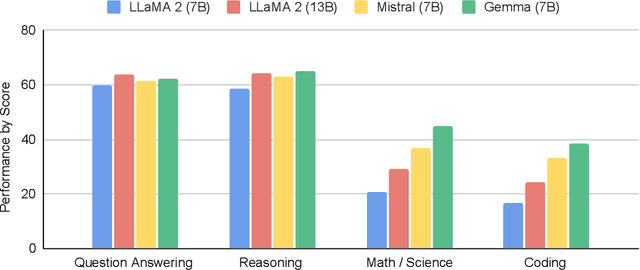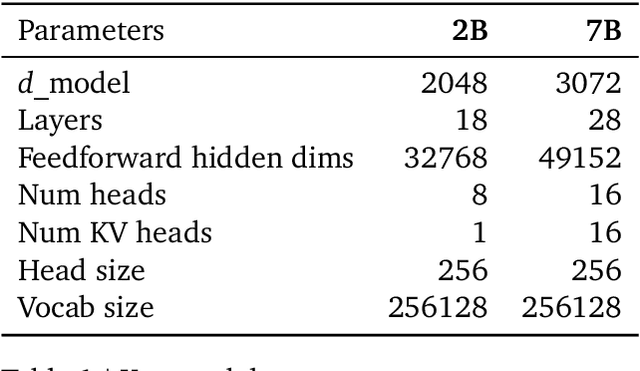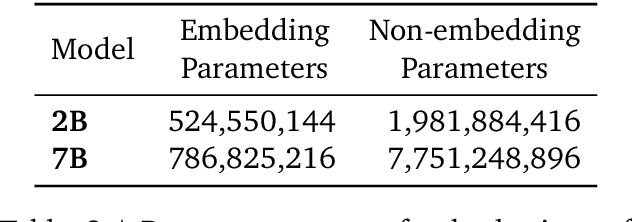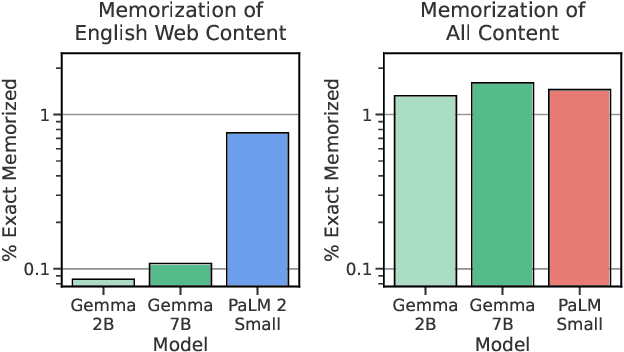Shree Pandya
Interactive Prompt Debugging with Sequence Salience
Apr 11, 2024Abstract:We present Sequence Salience, a visual tool for interactive prompt debugging with input salience methods. Sequence Salience builds on widely used salience methods for text classification and single-token prediction, and extends this to a system tailored for debugging complex LLM prompts. Our system is well-suited for long texts, and expands on previous work by 1) providing controllable aggregation of token-level salience to the word, sentence, or paragraph level, making salience over long inputs tractable; and 2) supporting rapid iteration where practitioners can act on salience results, refine prompts, and run salience on the new output. We include case studies showing how Sequence Salience can help practitioners work with several complex prompting strategies, including few-shot, chain-of-thought, and constitutional principles. Sequence Salience is built on the Learning Interpretability Tool, an open-source platform for ML model visualizations, and code, notebooks, and tutorials are available at http://goo.gle/sequence-salience.
Gemma: Open Models Based on Gemini Research and Technology
Mar 13, 2024



Abstract:This work introduces Gemma, a family of lightweight, state-of-the art open models built from the research and technology used to create Gemini models. Gemma models demonstrate strong performance across academic benchmarks for language understanding, reasoning, and safety. We release two sizes of models (2 billion and 7 billion parameters), and provide both pretrained and fine-tuned checkpoints. Gemma outperforms similarly sized open models on 11 out of 18 text-based tasks, and we present comprehensive evaluations of safety and responsibility aspects of the models, alongside a detailed description of model development. We believe the responsible release of LLMs is critical for improving the safety of frontier models, and for enabling the next wave of LLM innovations.
 Add to Chrome
Add to Chrome Add to Firefox
Add to Firefox Add to Edge
Add to Edge